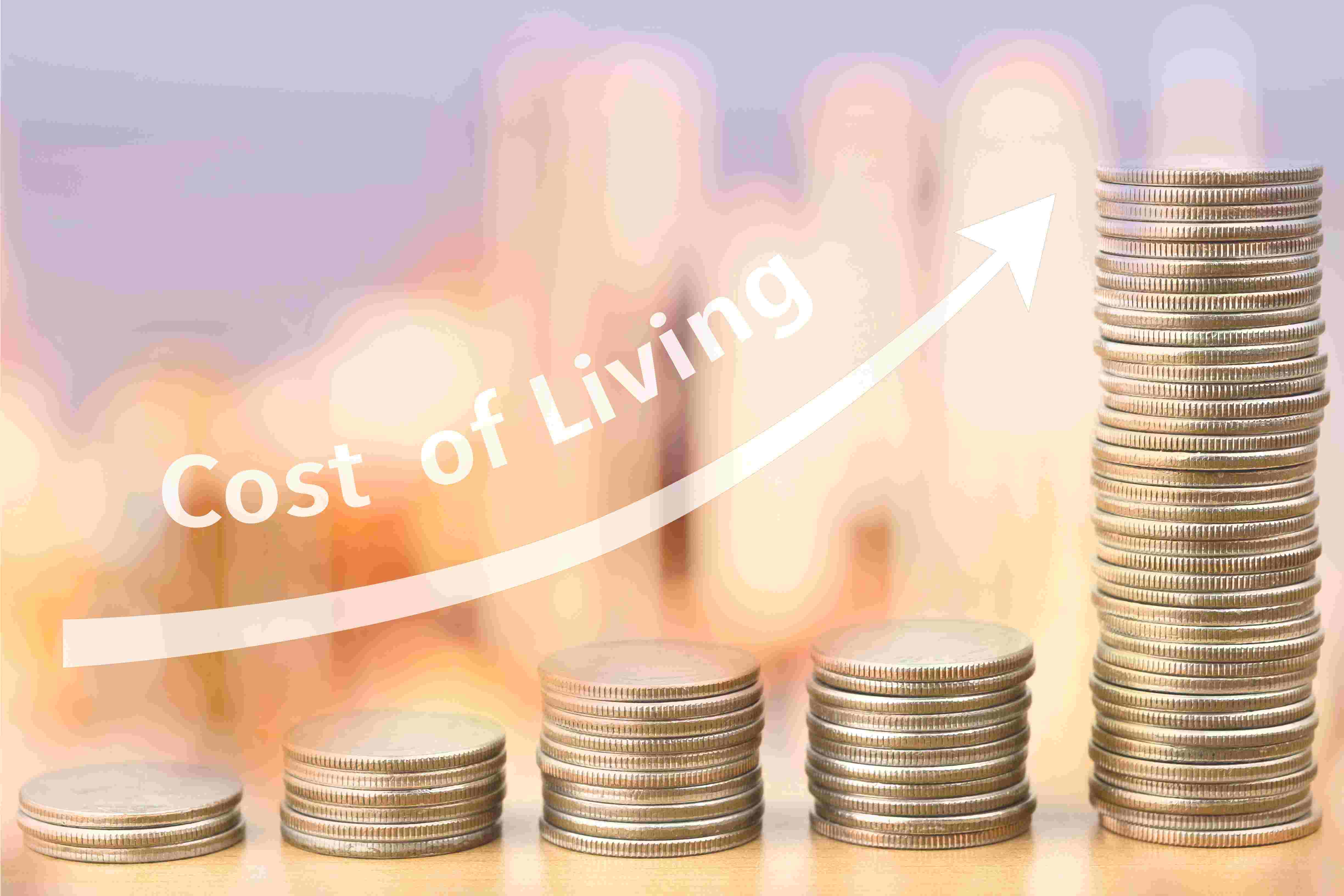Kenya's inflation down to 2.7 per cent as food prices drop

The prices of 50kwh and 200kwh of electricity increased by 0.3 per cent and 0.2 per cent, respectively.
A reduction in prices of some food commodities and other non-food essentials in October pushed down further the level of inflation to 2.7 per cent. This is from the previous month's record of 3.56 per cent.
The October record is more than a decade low, as an almost similar level was last witnessed sometimes early 2007.
More To Read
- KNBS data shows uneven food price shifts as inflation dips slightly
- High Court blocks 10 per cent crude oil duty, slams government for bypassing public input
- World Bank upgrades Kenya’s growth outlook to 4.9 per cent, warns of elevated risks
- Fuel prices remain unchanged in November EPRA review
- CBK targets Sh40 billion in new Treasury bond auction
- Relief for consumers as benchmark food prices ease for second month in a row
According to the monthly figures by the Kenya National Bureau of Statistics (KNBS), prices of sugar, sifted maize flour and fortified maize flour decreased by 2.3, 1.8 and 1.7 per cent, respectively between September 2024 and October 2024.
Conversely, prices of mangoes, carrots and oranges rose by 9.9, 5.7 and 5.1 per cent, respectively, during the same period.
Generally, the food and non-alcoholic beverages index increased by 0.5 per cent between September 2024 and October 2024.
The housing, water, electricity, gas, and other fuels index dropped by 0.3 percent, attributable to decreases in the prices of kerosene and liquefied petroleum gas (LPG) by 4.3 per cent and 0.4 per cent, respectively.
However, during the same period, the prices of 50kwh and 200kwh of electricity increased by 0.3 per cent and 0.2 per cent, respectively.
Nevertheless, KNBS notes that the transport index declined by 0.3 per cent between September 2024 and October 2024, mainly due to a decrease in prices of petrol and diesel by 4.3 per cent and 2.0 per cent, respectively.
Top Stories Today














































